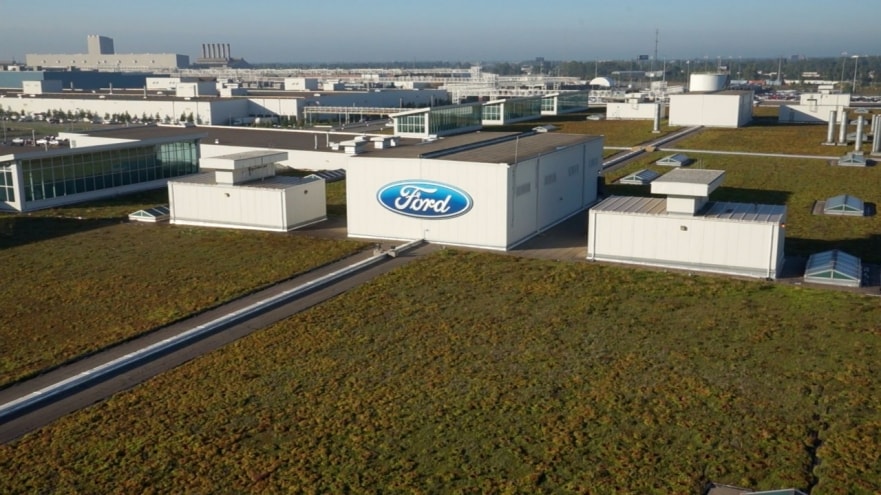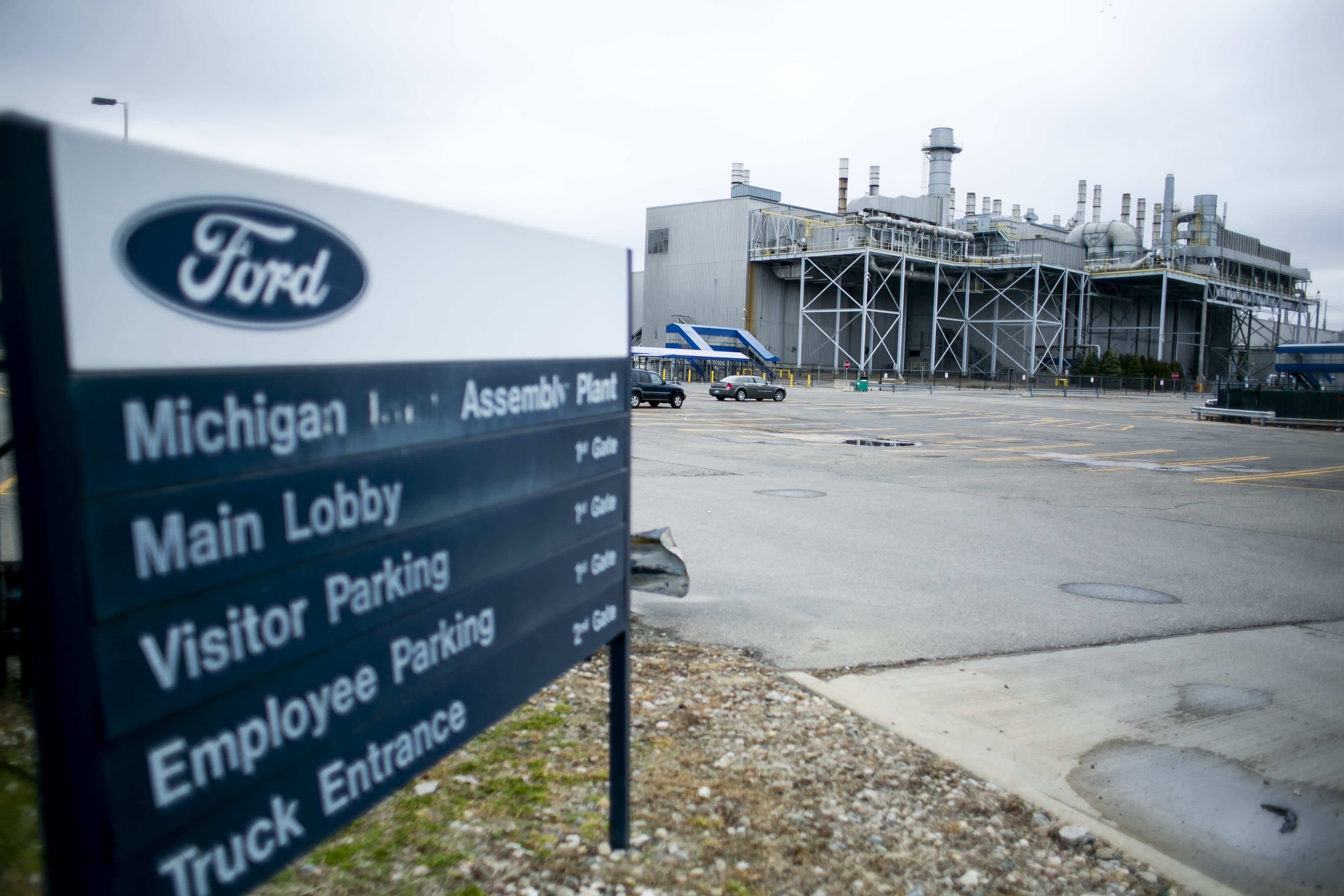DETROIT, MI — Ford Motor Company wants to build a factory in Michigan that will cost $3.5 billion and employ at least 2,500 people. This factory will make cheaper batteries for electric cars, both new and old.
The plant, which would be built on industrial development land about 100 miles (160 kilometers) west of Detroit, would begin producing batteries in 2026. According to Ford, it would produce 35 gigatonnes of batteries per year, enough to power 400,000 vehicles.
The factory near Marshall would produce lithium-iron-phosphate batteries, which are less expensive than the current nickel-cobalt-manganese chemistry used in many EV batteries.
Customers could then choose between a battery with a lower range and a lower cost and a battery with a higher range and power. Prices have yet to be determined by the company.
“The goal here is to make EVs more affordable and accessible to customers,” said Marin Gjaja, Ford’s electric vehicle chief marketing officer.
Ford Will Contact Out Some Of The Work And Machinery To Chinese companies.
According to Ford, the factory would be owned and operated by a wholly owned subsidiary. However, Contemporary Amperex Technology Co. Limited, or CATL, a Chinese company known for its lithium-iron-phosphate expertise, would provide technology, some equipment, and workers.
The announcement comes at a time when relations between the United States and China are strained, and the Biden administration is offering tax breaks to businesses that establish a U.S. supply chain for electric vehicle batteries. To qualify for the full $7,500 per vehicle tax credit, EV batteries cannot contain metals or components from China.
Ford hopes that the structure of the plant will keep people from saying bad things about spending state tax incentives on a joint-venture factory that a Chinese company will partly own. Virginia dropped out of the race for the same Ford plant last month after Gov. Glenn Youngkin described it as a “front” for the Chinese Communist Party that would raise national security concerns. At the time, Virginia had not offered Ford any incentives.
Because the vehicles are manufactured in North America, the company expects to take advantage of U.S. factory tax credits, with buyers initially receiving at least $3,750 in tax credits. Gjaja stated that depending on the source of battery minerals, they could receive the full $7,500 credit over time.
Lithium-iron-phosphate batteries would be used in standard-range Ford EVs. For example, the cheapest Mustang Mach-E electric SUV would have an LFP battery and be able to travel 247 miles per charge. The long-range Mach-E will have a nickel-cobalt-manganese chemistry that will allow it to travel 310 miles per charge.
The New Plant Was Unveiled At A Fund Meeting
The plant was unveiled Monday at a Michigan Strategic Fund meeting, which approved a large tax incentive package for the project near Interstates 94 and 69.
Ford’s director of economic development, Gabby Bruno, stated that “there is no lack of competition for this project.” She said that Michigan “competed against numerous states and countries” to secure the investment.
The Ford plant received approximately $210 million from Michigan’s Strategic Outreach and Attraction Reserve Fund, or SOAR, which was established to attract industry and jobs to the state. However, the total value of the incentive package was not disclosed.
Since its inception in December 2021, the SOAR Fund has received nearly $1.8 billion from the state’s general fund.
A tax-relief bill passed by the Michigan House last week could send up to $1.5 billion to the SOAR Fund over three fiscal years, in addition to the $800 million one-time deposit outlined by Gov. Gretchen Whitmer in her budget proposal last week.
Republicans have heavily criticized the tax-relief bill, which still needs to be approved by the state Senate, where Democrats hold a two-seat majority, for giving too little to taxpayers and too much to large corporations.
SOURCE – (AP)











